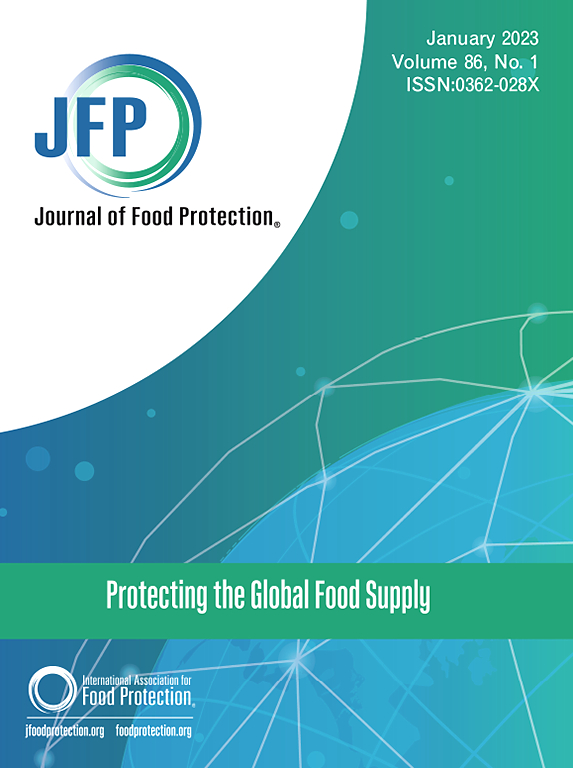评估可持续食品系统的生物解决方案:欧盟内部安全、质量、监管和可持续性考虑的回顾。
IF 2.8
4区 农林科学
Q3 BIOTECHNOLOGY & APPLIED MICROBIOLOGY
引用次数: 0
摘要
生物解决方案,如食品培养和发酵,是传统食品保存方法的新兴替代品,提供多种好处,包括提高食品质量和安全,减少浪费,产品的感官和营养修饰有限,消费者接受度更高。本研究探讨了生物解决方案的潜力,通过其在粮食生产中的应用来解决可持续粮食系统中的关键挑战。重点评估标准包括对食品质量和安全的影响、环境可持续性以及对欧洲监管框架的遵守。该研究强调了生物解决方案在减少食源性疾病、促进循环经济原则和建立消费者信任方面的作用。提出了一种整体方法,以支持有兴趣将生物解决方案整合到有弹性、资源节约型和可持续粮食系统中的行业利益相关者和决策者。本文章由计算机程序翻译,如有差异,请以英文原文为准。
Evaluating Biosolutions for Sustainable Food Systems: A Review of Safety, Quality, Regulatory, and Sustainability Considerations Within the European Union
Biosolutions, such as food cultures and fermentates, are emerging alternatives to classical food preservation methods, offering multiple benefits, including food quality and safety enhancement, and waste reduction, with limited sensory and nutritional modification of the product and higher consumer acceptance. This study explores the potential of biosolutions to address critical challenges in sustainable food systems through their application in food production. Evaluation criteria of focus include impacts on food quality and safety, environmental sustainability, and compliance with European regulatory frameworks. The study emphasizes the role of biosolutions in reducing foodborne illnesses, promoting circular economy principles, and building consumer trust. A holistic approach is proposed to support industry stakeholders and policymakers interested in integrating biosolutions into resilient, resource-efficient, and sustainable food systems.
求助全文
通过发布文献求助,成功后即可免费获取论文全文。
去求助
来源期刊

Journal of food protection
工程技术-生物工程与应用微生物
CiteScore
4.20
自引率
5.00%
发文量
296
审稿时长
2.5 months
期刊介绍:
The Journal of Food Protection® (JFP) is an international, monthly scientific journal in the English language published by the International Association for Food Protection (IAFP). JFP publishes research and review articles on all aspects of food protection and safety. Major emphases of JFP are placed on studies dealing with:
Tracking, detecting (including traditional, molecular, and real-time), inactivating, and controlling food-related hazards, including microorganisms (including antibiotic resistance), microbial (mycotoxins, seafood toxins) and non-microbial toxins (heavy metals, pesticides, veterinary drug residues, migrants from food packaging, and processing contaminants), allergens and pests (insects, rodents) in human food, pet food and animal feed throughout the food chain;
Microbiological food quality and traditional/novel methods to assay microbiological food quality;
Prevention of food-related hazards and food spoilage through food preservatives and thermal/non-thermal processes, including process validation;
Food fermentations and food-related probiotics;
Safe food handling practices during pre-harvest, harvest, post-harvest, distribution and consumption, including food safety education for retailers, foodservice, and consumers;
Risk assessments for food-related hazards;
Economic impact of food-related hazards, foodborne illness, food loss, food spoilage, and adulterated foods;
Food fraud, food authentication, food defense, and foodborne disease outbreak investigations.
 求助内容:
求助内容: 应助结果提醒方式:
应助结果提醒方式:


